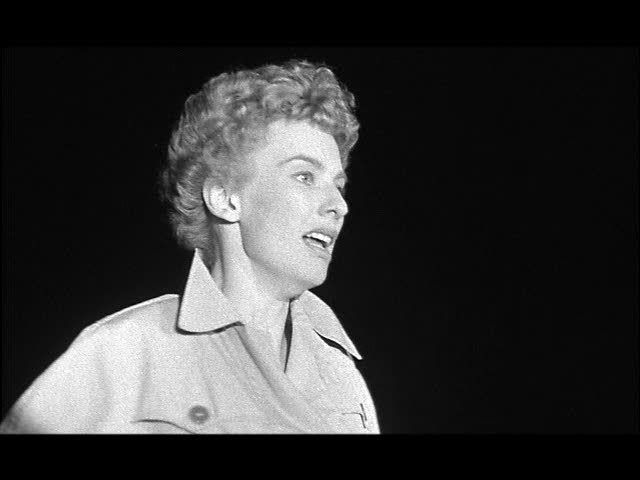
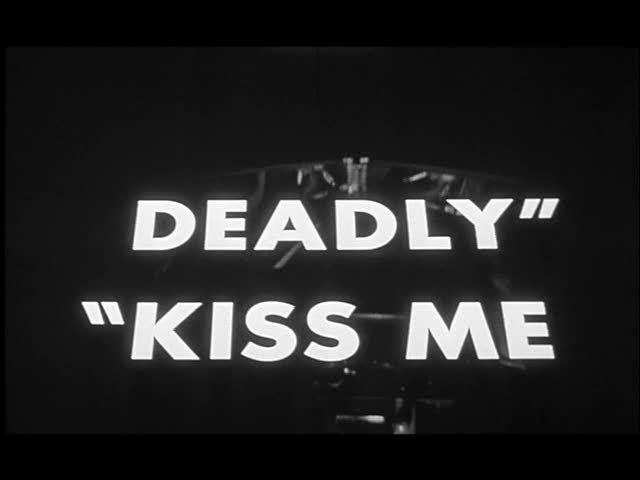
Kiss Me Deadly throws Mickey Spillane's pulp novel detective Mike Hammer (Ralph Meeker) into the midst of a plot that, finally, can't be solved with the private dick's brute force interrogation methods and clever sleuthing. It is a deliberate gesture on the part of director Robert Aldrich, who positions Hammer as an anachronism in his own time, a throwback whose relevance is vanishing in the nuclear age. Nobody says it better than Hammer's sexy secretary Velda (Maxine Cooper), who bitterly mocks the detective's quest for "the great whatsit." Hammer, driven by greed and naked self-interest, cares only about himself. The mysterious hitchhiker (Cloris Leachman) he picks up in the film's famous, visceral opening minutes grasps this about him right away, immediately getting that this is a guy who cares only about himself. So when the girl winds up dead and Hammer barely escapes himself, his subsequent quest to figure out what's going on is not driven by revenge or any deep sentimental feelings for the girl he couldn't protect: he simply guesses that for anyone to go to all this effort to rub her out, the girl must've been involved in something real big, something potentially valuable.
As a result, the film is structured like a conventional detective story, though it's really anything but. Hammer traces his leads, following up with contacts, roughing people up when necessary, as his shadowy adversaries pile up the dead bodies around him. The film has the texture of a pulpy noir mystery, complete with the hard-boiled dialogue — often over-boiled in this case — characteristic of the genre. But Hammer is brutish and stubborn, keeping the cops and the feds in the dark even though they keep trying to impress upon him the importance of this case; he doesn't seem to realize just how far in over his head he is. He's equally blasé in his treatment of women, who are compulsively drawn to him even though he treats them with a brusque, careless manner; he kisses them and then casts them aside when he's done using them. Hammer's no hero, and the film's staggering climax represents his complete failure: his realization of the horrible forces he's been toying with, followed by a nuclear meltdown from which he barely escapes. And then the film simply ends, with abrupt finality, leaving Hammer as a broken, irrelevant archetype, an out-of-date relic whose time has passed with the relative innocence of the pre-atomic age.
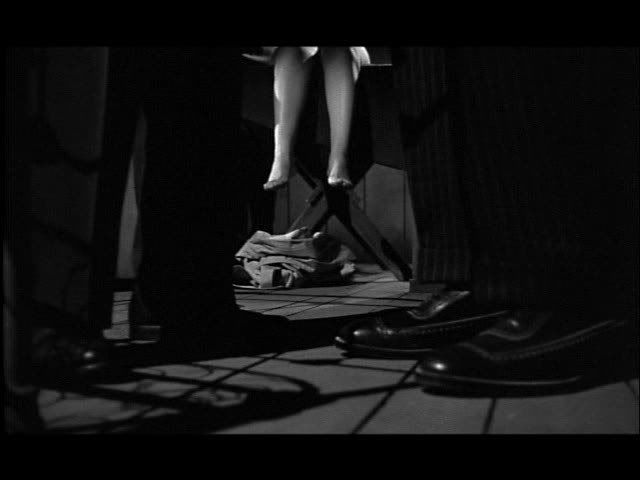
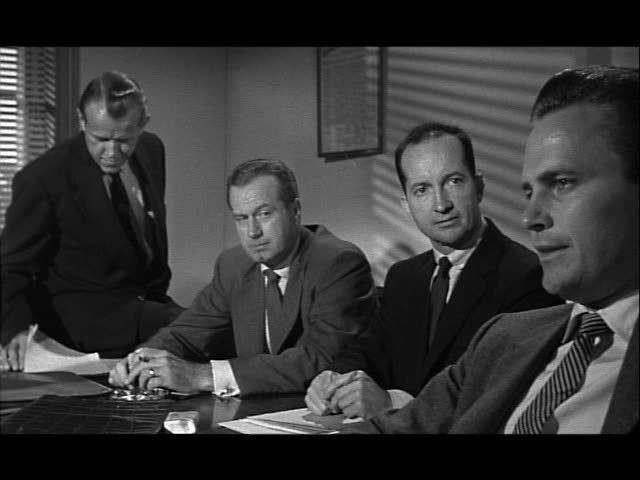
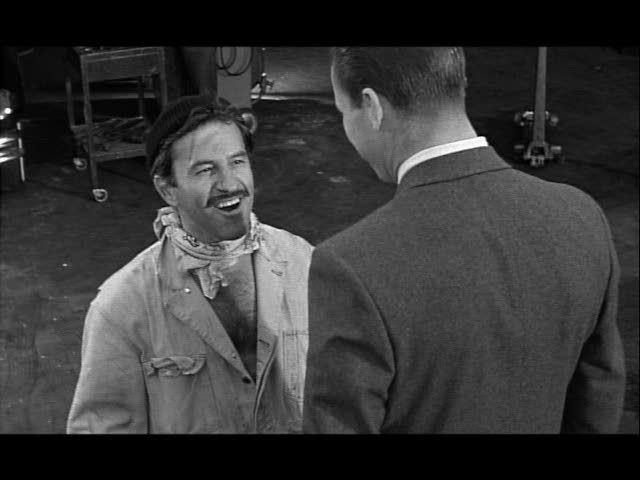

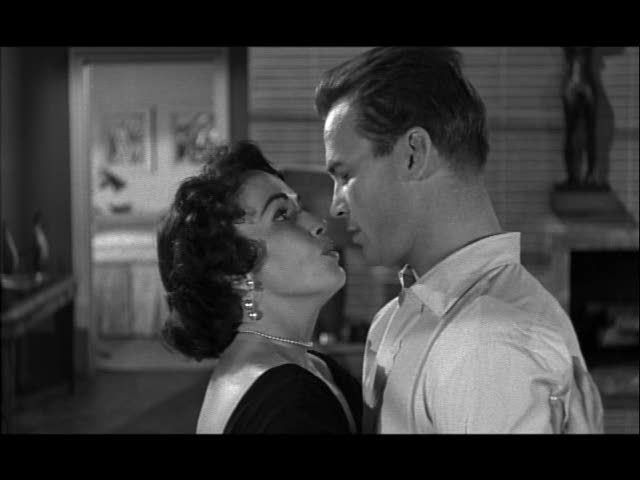
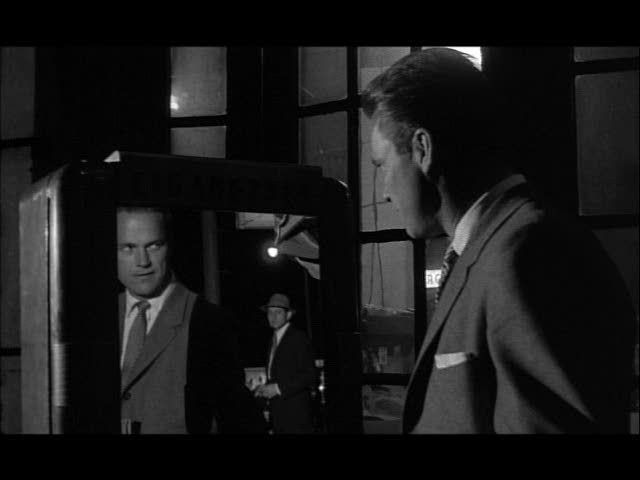
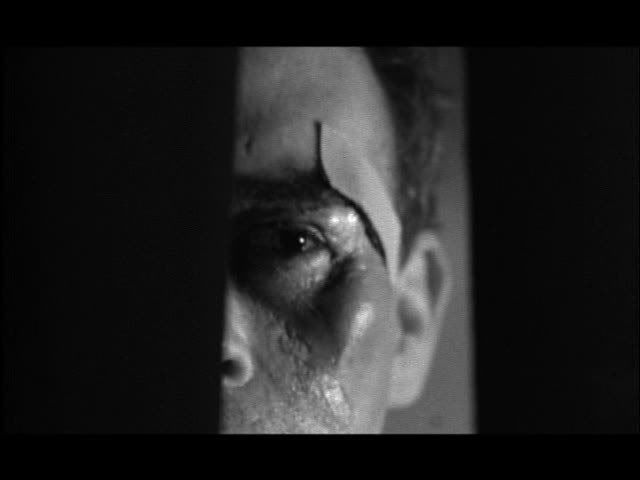
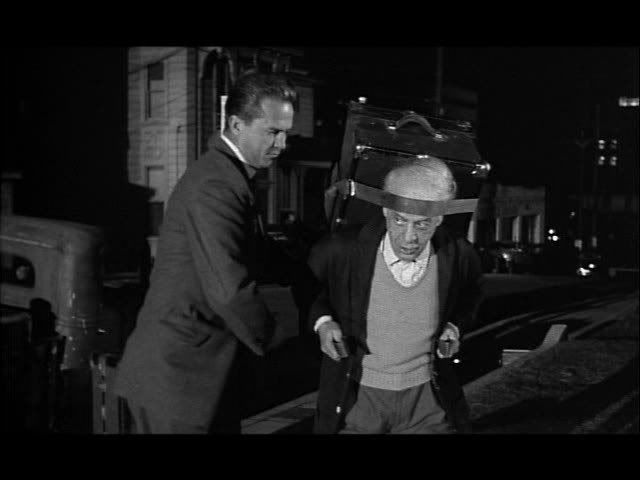
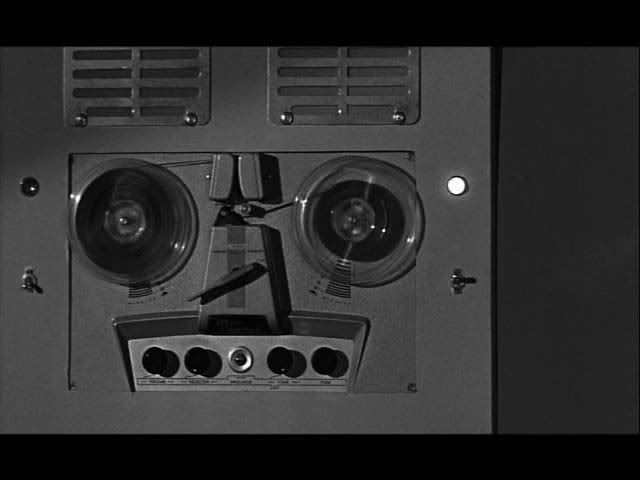
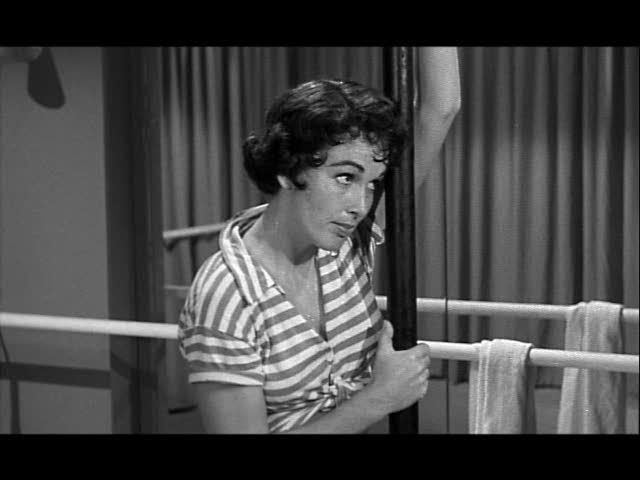
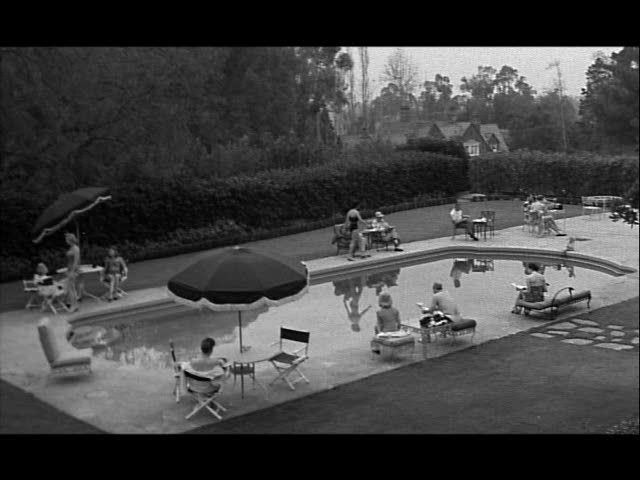
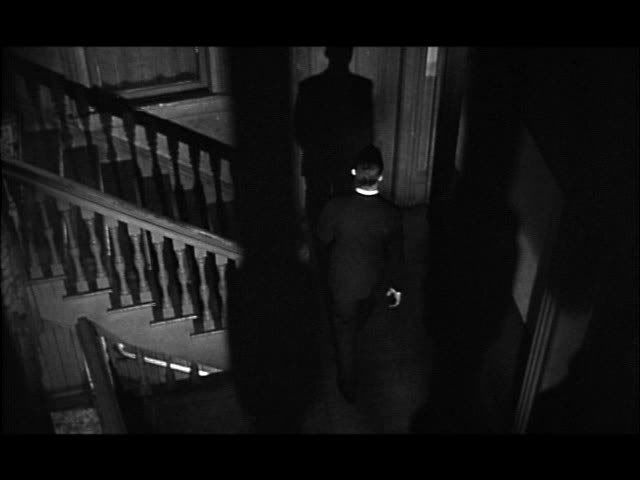
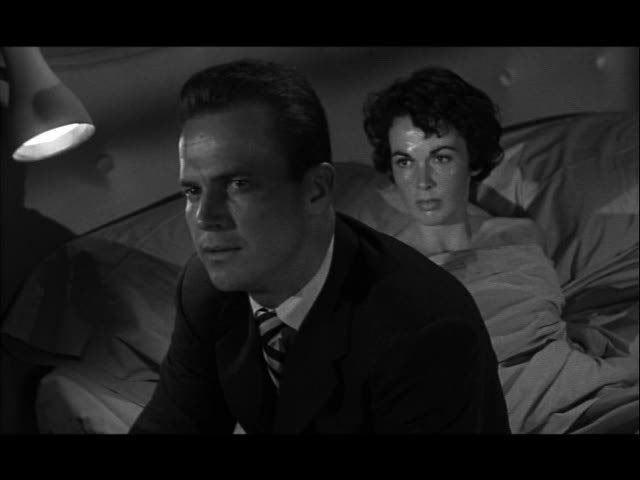
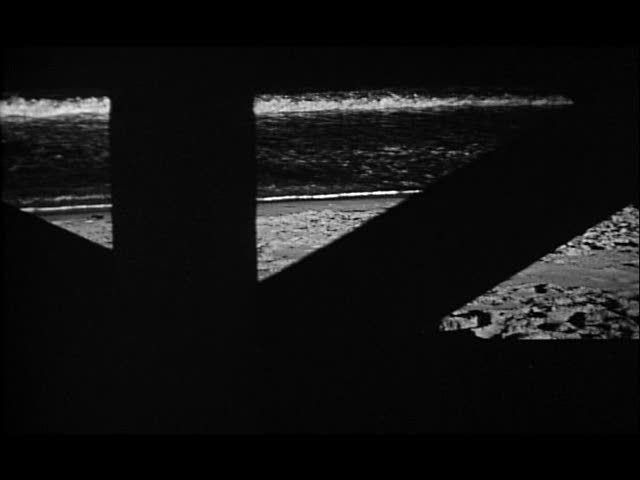
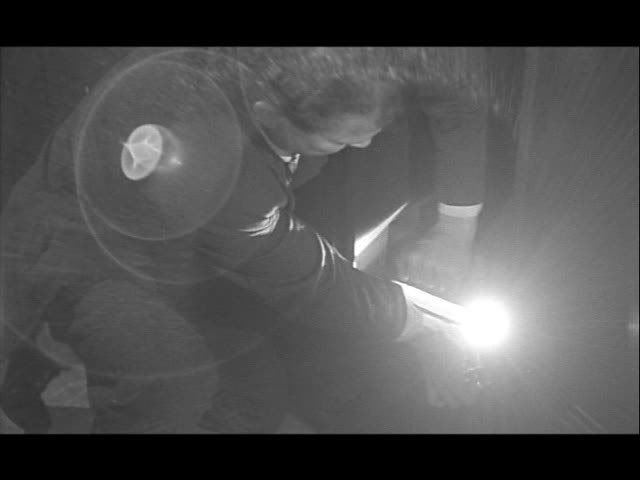
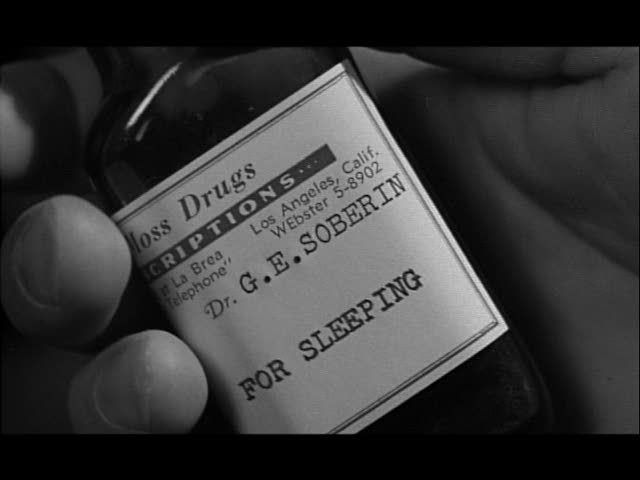
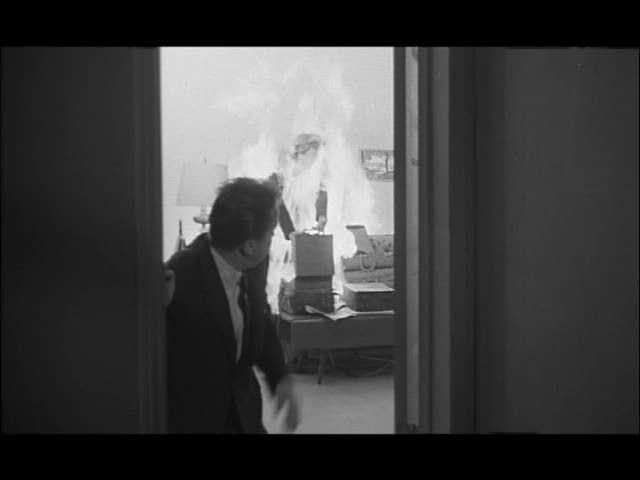
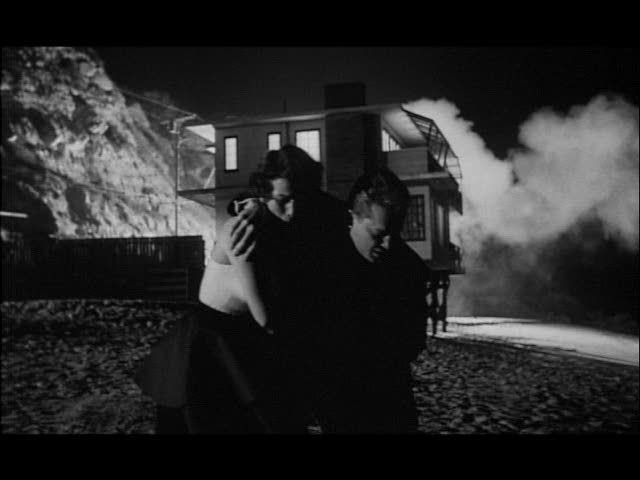







0Awesome Comments!